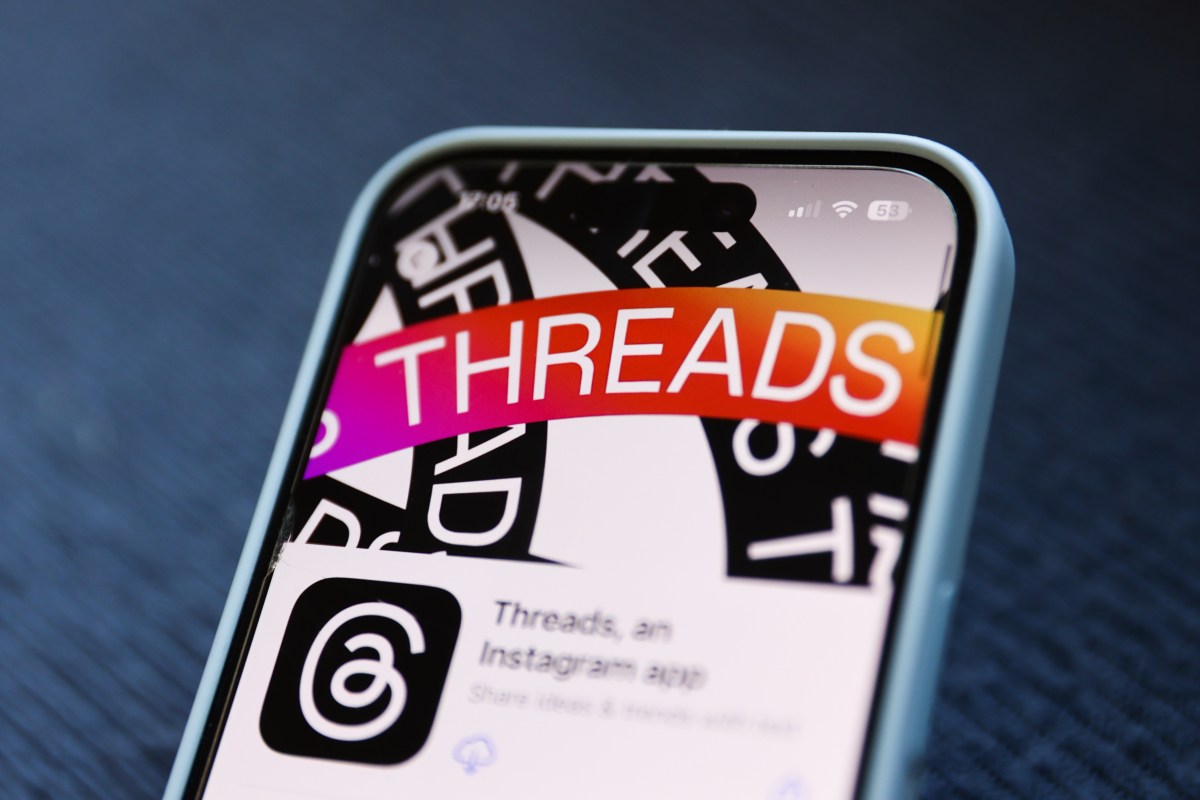
Perplexity, an emerging force in artificial intelligence, has offered a staggering $34.5 billion for Google’s Chrome browser, according to The Wall Street Journal. The unsolicited bid, which Perplexity confirmed to the newspaper, is far in excess of Perplexity’s own $18 billion valuation and comes at a pivotal moment for both companies: Perplexity recently unveiled its own AI-native search browser, called Comet, last month, an explicit move to take on Google Chrome, Meanwhile, Google’s own fate is up in the air as a federal judge weighs what remedies should follow from the 2024 ruling that Google had illegally monopolized the search market.
Perplexity said in a statement to the Journal that its bid is “designed to satisfy an antitrust remedy in highest public interest by placing Chrome with a capable, independent operator.”
The Justice Department’s antitrust case against Google, which began in 2020, accused the company of unlawfully suppressing competition by locking in default search deals with device manufacturers and browser developers. Last year, U.S. District Judge Amit Mehta ruled that Google had, in fact, monopolized the search market through anticompetitive tactics. Among the most consequential is exactly what Perplexity is proposing: whether Google should be compelled to divest Chrome, a browser installed on billions of devices and accounting for well over 60% of global browser usage.
Chrome, of course, is more than just a web browser; it’s a strategic linchpin connecting users to Google Search and a treasure trove of data fueling Google’s $2 trillion advertising apparatus. Chrome’s size—about 3.5 billion users—positions it at the fulcrum of both user data collection and default search engine placement. The sale of Chrome is one of the Department of Justice’s top recommendations as a Google remedy.
For what it’s worth, DuckDuckGo CEO Gabriel Weinberg recently testified in court that Chrome could be worth upwards of $50 billion; some analysts offer more conservative estimates for its valuation, around $20 billion. Perplexity’s bid, at $34.5 billion, lands squarely within that range.
Perplexity’s rationale
Perplexity, which has evolved from a little-known startup in 2022 to a high-profile competitor with an $18 billion valuation, now hosts about 30 million monthly active users and generates roughly $150 million in annual revenue. Its core product—a real-time AI-powered search engine with source citations—is positioned as a challenger to traditional search engines and leading AI assistants such as OpenAI’s ChatGPT and Anthropic’s Claude. Perplexity allows you to choose from many of those popular models, including GPT-5, Gemini 2.5 Pro from Google, and Claude Sonnet 4.0, which has attracted major investors including Nvidia, SoftBank, and Jeff Bezos. Perplexity has also been a prime acquisition candidate, with industry analysts suggesting Apple should buy Perplexity to strengthen its currently lagging AI portfolio and rely less on Google for search.
And, of course, Perplexity already has its own AI web browser. Comet is capable of summarizing web pages, intelligently managing tabs, answering questions about on-page content, and automating tasks like calendar scheduling and online shopping. Comet’s hybrid AI architecture combines localized processing for privacy-sensitive operations and cloud-based models—such as GPT-4o, Claude 3.5, and Perplexity’s own algorithms—for more complex queries and agentic functions. Perplexity’s CEO Aravind Srinivas described Comet on LinkedIn as a “cognitive operating system.”
In its letter to Alphabet CEO Sundar Pichai, Perplexity said its offer was designed to serve “the highest public interest” by placing Chrome in “capable, independent” hands. The company vows to maintain Chromium, the open-source foundation of Chrome and many other browsers, and also promises to keep Google as the default search engine within Chrome, though it would allow users to easily switch. This latter point may prove crucial as the DOJ contemplates how it will conclude its probe into Google’s monopolistic practices.
For what it’s worth, Google has previously been opposed to any forced sale of Chrome. CEO Sundar Pichai has testified that divestiture would harm Google’s ability to innovate, threaten user privacy and cybersecurity, and damage complementary services. The company has proposed narrower remedies—chiefly, modifying or ending exclusive agreements with Apple, Mozilla, and Android—to allow greater competition without a selloff.
Perplexity and Google did not immediately respond to Fortune‘s request for comment.
For this story, Fortune used generative AI to help with an initial draft. An editor verified the accuracy of the information before publishing.















